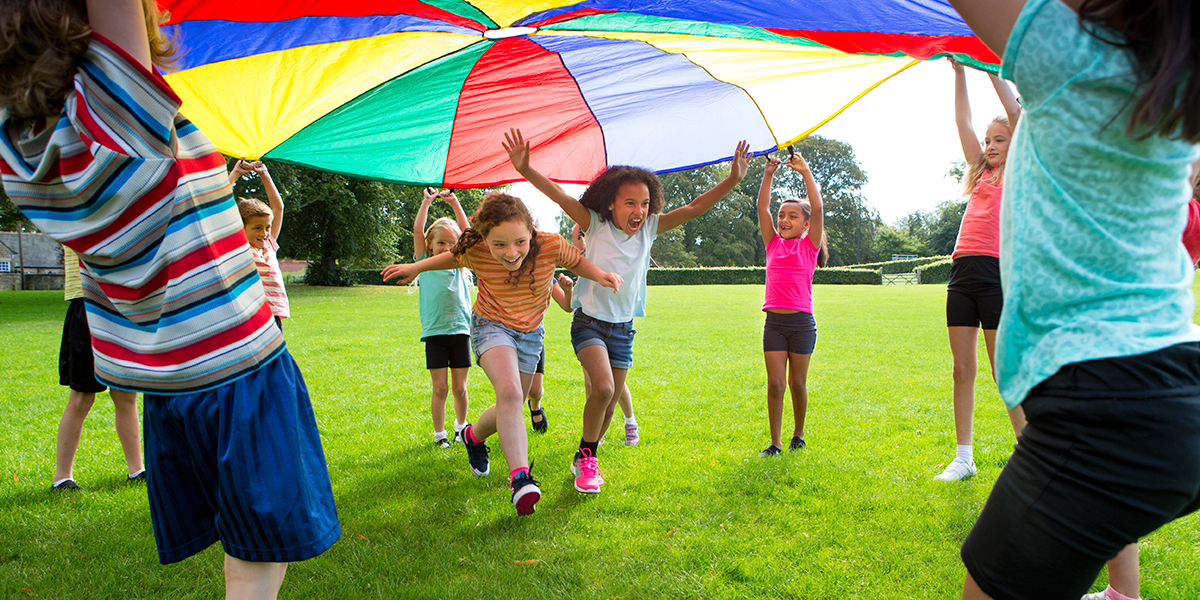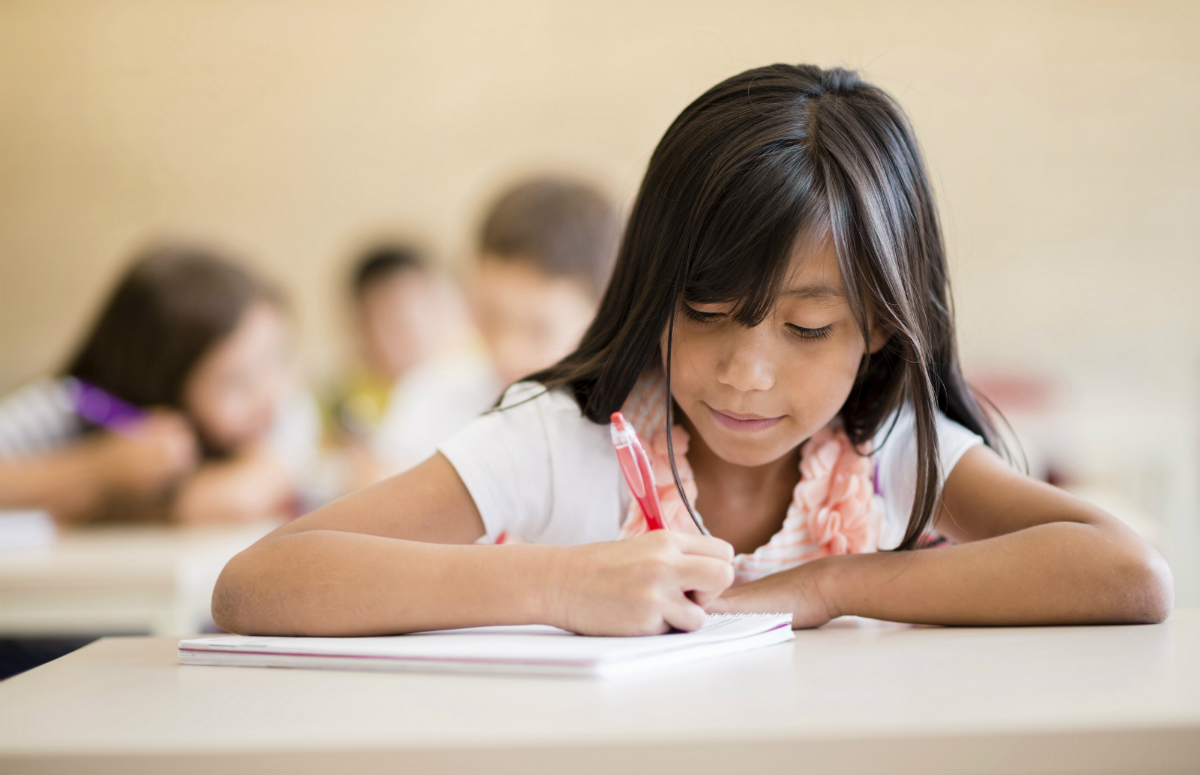While remote learning during the pandemic had a negative impact on reading and math skills overall, demand for virtual instruction is strong among parents whose children experienced positive outcomes, according to new research from the Becker Friedman Institute for Economics at the University of Chicago.
Anecdotal evidence suggests some students preferred learning at their own pace with reduced disruption, while others, such as bullied students, excelled without the mental health costs incurred from in-person schooling.
Regardless of the reason, some students did perform better with remote learning, prompting school districts across the country to offer permanent, expanded remote options to satisfy ongoing parental demand.
This latest report focuses on the Los Angeles Unified School District. After a year of full virtual learning at the onset of the pandemic, the district moved to a cycle of in-person and remote periods, but when in-person learning restarted in 2022, 14,000 LAUSD students opted to continue learning online.
Through parent surveys:
- Researchers corroborated growing evidence that remote learning contributes to learning losses for the average student in reading and math, and that it would take a 40-percentage point increase in academic standards before the average family would consider remote learning.
- They also found, however, that while most respondents report a negative experience with remote learning during the pandemic, about 33 percent want expanded remote offerings, and 25 percent expect to enroll their children in remote learning in the future. Additionally, 20 percent feel their children excelled in remote learning relative to traditional, in-person instruction.
- The subset of students with the highest demand for remote learning was shown to experience achievement gains relative to in-person instruction, especially when families chose remote learning based on their understanding of the child’s suitability for remote instruction.
“Matching students to their optimal learning experience matters,” researchers wrote. “Continued and expanded remote schooling options for some students can potentially improve K-12 learning outcomes. For policymakers, prior estimates of the impact of remote learning during the pandemic should not necessarily lead to a blanket return to in-school instruction, as such average effects mask benefits of remote learning for those students who opt for remote instruction.”





